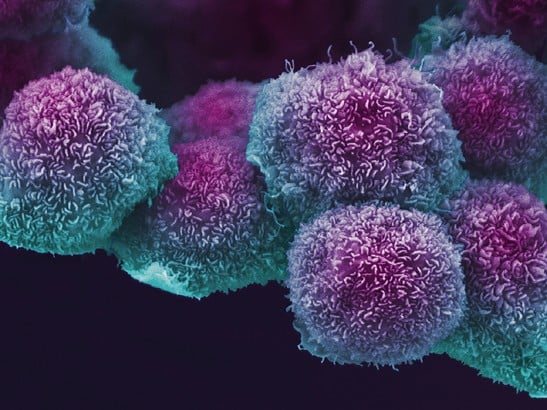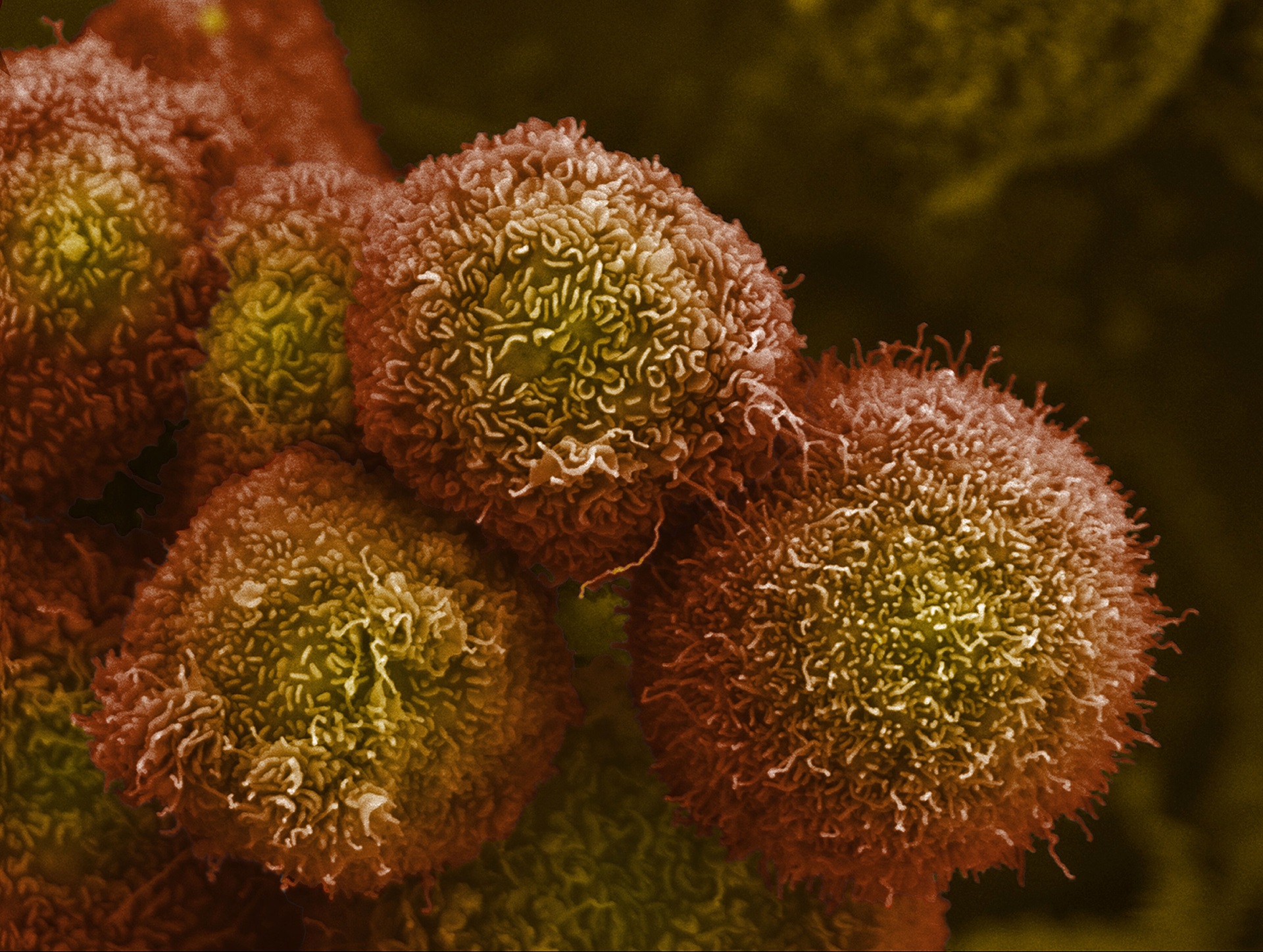Our research into pancreatic cancer
Our researchers are dedicated to tackling cancers that continue to have very poor survival rates – such as pancreatic cancer.
Our work includes researching which genes are involved in pancreatic cancer and finding new ways of matching treatments to specific types of the disease.
Our progress against pancreatic cancer
Precision medicine
Scientists at the ICR are working with partners to try to better understand some of the specific genetic and biological features of pancreatic cancer, which could hold clues to why it is currently so difficult to treat.
ICR researchers in pancreatic cancer include Dr Anguraj Sadanandam, Group Leader in Systems and Precision Cancer Medicine at the ICR, who has led significant studies – including to divide pancreatic cancer into several sub-types based on their genetic characteristics, and to use computational analysis to look at scar tissue in pancreatic cancers which makes them difficult to treat.
New treatments
Alongside partners at Imperial College London, we are also pioneering a new type of treatment called histotripsy, a specialised form of ultrasound that could be used to destroy cancers deep in the body including pancreatic cancers.
Getting treatments to patients
We also recognise that there are not enough treatment options coming through the pipeline for pancreatic cancer. A recent ICR report, From Patent to Patient: analysing access to innovative cancer drugs , showed that although overall the number of drugs coming through approval is increasing, very few are reaching patients with cancers of acute unmet need, such as pancreatic cancer.
Your support helps
Pancreatic cancer discoveries

Innovative dual treatment shows promise in tackling deadly cancer

